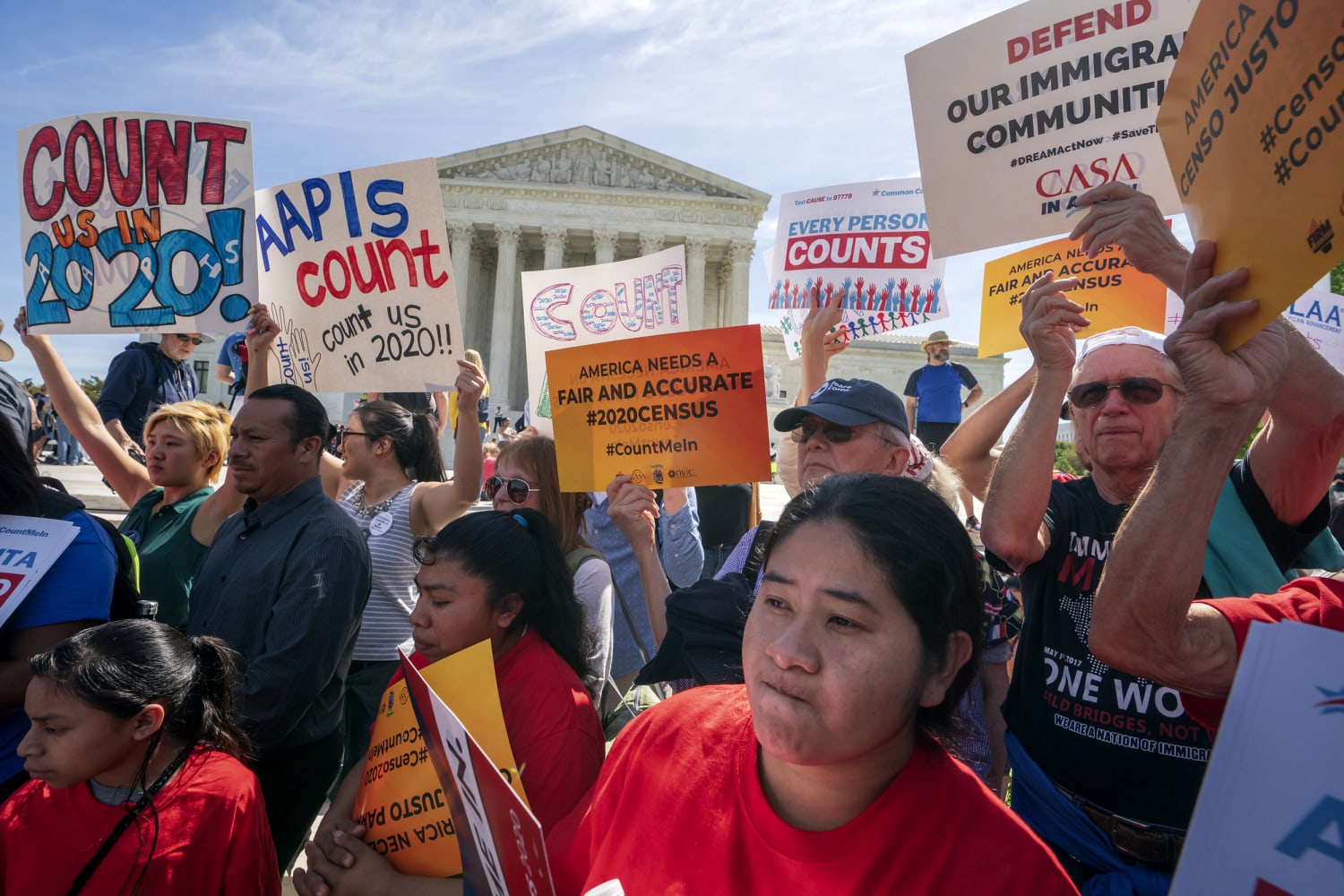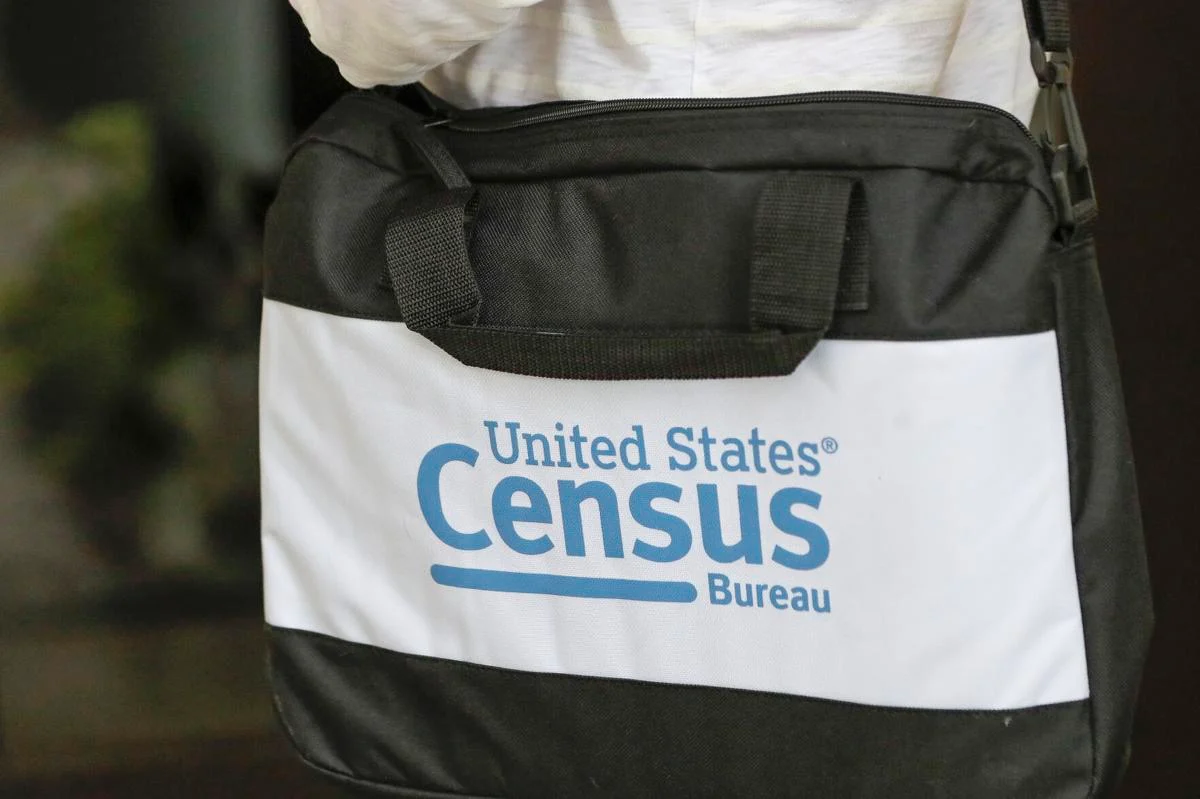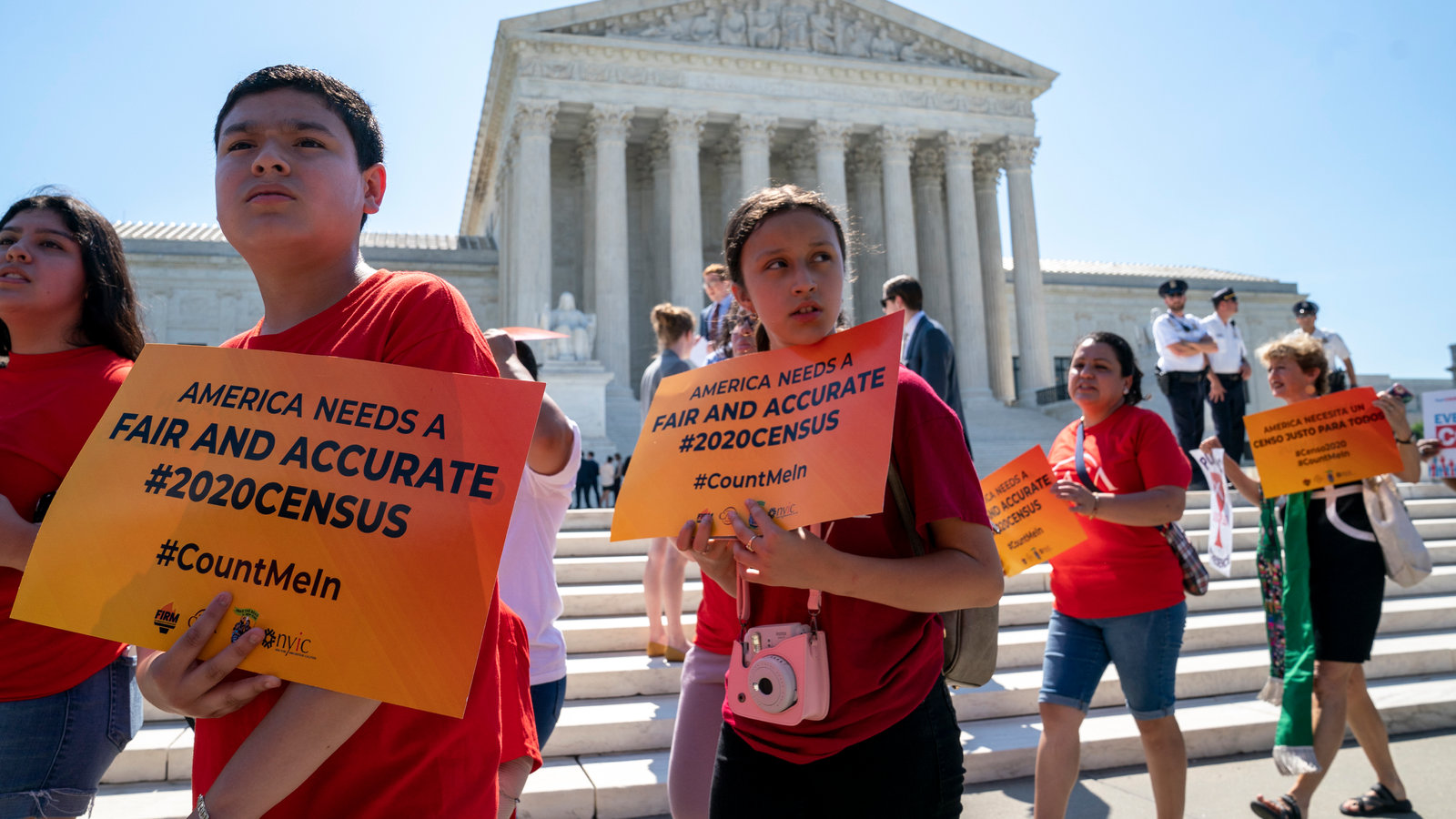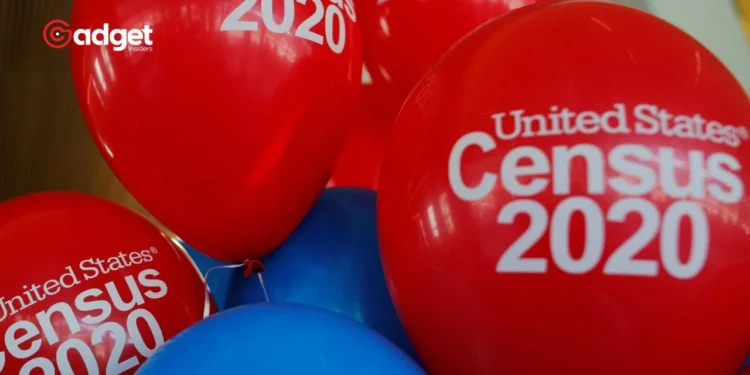In a significant shift in U.S. census methodology, House Republicans have passed legislation to introduce a citizenship question to the U.S. Census slated for 2030. This change, potentially a landmark in how America counts its populace, could redefine political representation and resource distribution across the country. The bill, known as the Equal Representation Act, narrowly passed with a vote of 206-202, reflecting the contentious nature of this issue.

The Stirring Debate Over Citizenship and Representation
The proposed amendment to the census has reignited a debate about who should count in the democratic process. Representative Chuck Edwards, a Republican from North Carolina, advocates for this change citing concerns about the influence of illegal immigration on electoral outcomes. “The ongoing crisis at the U.S.-Mexico border…has nefarious long-term implications on the country,” Edwards explained. He emphasized that counting non-U.S. citizens skews the representation of Americans in federal government, potentially impacting the allocation of congressional seats and electoral votes.

The bill, which still requires approval from a Democratic-controlled Senate, mirrors previous attempts by the Trump administration to modify census questions. These efforts were halted by the U.S. Supreme Court, highlighting the complex legal challenges associated with such changes.
Impact on Political and Resource Allocation
Experts argue that the inclusion of a citizenship question could lead to a significant undercount of noncitizens, affecting not just political representation but also federal funding allocations. Steven Camarota, director of research at the Center for Immigration Studies, pointed out, “The cascading effects on funding for states, employment rates, and electoral outcomes are profound.” This reflects a broader concern that immigration redistributes power within the U.S., making the stakes of the census incredibly high.

Immigration lawyer Rosanna Berardi further underscored the risks, particularly for immigrant communities. “This undercount could result in reduced federal funding for essential services such as healthcare, education, and infrastructure in areas with large immigrant populations,” Berardi stated. Such changes could make the democratic process less inclusive and equitable, potentially marginalizing the diverse fabric of the nation.
.@Rep_peltola voted NAY on HR 7109 which would add a citizenship question to the US census. Mary doesn't think only citizens should be counted on the census, which is used to appropriate House seats.
Mary, why do you support illegals over Americans?https://t.co/uB0MpYRT4j
— AyKay (@AyKay404) May 9, 2024
At U.S. Crossroads: Implications of Altering the Census on Democracy
As America stands at a demographic and political crossroads, the decision to alter the census carries weighty implications for the future of its democracy. The debate surrounding the Equal Representation Act is not just about numbers; it’s about how the nation understands and values its diverse population. Whether this bill will become law remains uncertain, but its implications are sure to stir national discourse on representation, fairness, and the very nature of democracy in the United States.
This development is a critical watchpoint for policymakers, legal experts, and citizens alike, as it touches on fundamental questions about identity, belonging, and the structure of American governance. As the Senate considers this bill, the nation waits to see how its leaders will navigate these turbulent demographic and political waters.









